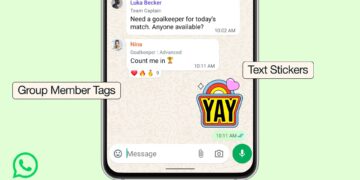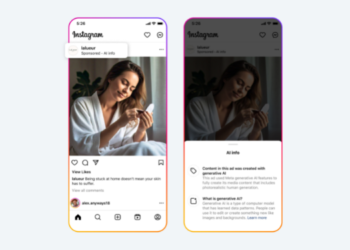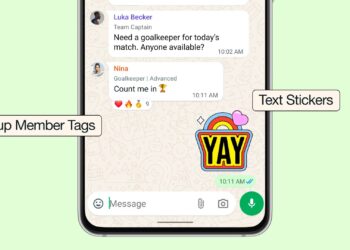Spotify’s recent decision to renew its contract with Joe Rogan, making “The Joe Rogan Experience” podcast available beyond its platform, marks a significant shift in the company’s podcasting strategy. Previously committed to exclusive content to draw listeners to Spotify, the platform is now positioning itself to capitalize on broader ad sales opportunities, a move that could signal a strategic pivot benefiting both Spotify and podcast creators.
For years, Spotify has been aggressive in its push to dominate the podcasting space, acquiring notable studios like Gimlet and Parcast, and making their shows available exclusively on Spotify. However, this exclusivity model has shown its limitations, with some shows experiencing a dramatic drop in audience numbers post-exclusivity.
The transition away from exclusive content comes in the wake of Spotify’s realization that leveraging ad sales across platforms may offer a more lucrative path than restricting high-profile podcasts to Spotify alone. The platform’s substantial investments in podcasting, including hefty contracts with high-profile personalities and studios, have not yielded the expected return on investment, prompting a reassessment of its strategy.
Joe Rogan’s podcast, a standout in Spotify’s portfolio with around 11 million listeners per episode, presents a unique opportunity. Spotify’s continued role as the exclusive ad seller for Rogan’s podcast, despite ending content exclusivity, highlights a strategic move to maximize ad revenue while broadening the podcast’s reach.
According to Amanda McLoughlin, CEO of Multitude Productions, the value in Spotify’s relationship with Rogan lies in ad sales exclusivity rather than platform exclusivity. This shift allows Spotify to cater to advertisers seeking to place ads on Rogan’s popular show through Spotify, potentially increasing profitability without limiting the podcast’s accessibility.
Spotify’s pivot in its podcast strategy reflects a nuanced understanding of the podcasting ecosystem’s dynamics and the challenges of sustaining an exclusivity-based model. By embracing a model that prioritizes ad sales over content exclusivity, Spotify can better serve creators, listeners, and advertisers alike. This approach not only enhances Spotify’s value proposition in the competitive podcasting market but also aligns with broader trends towards openness and accessibility in content distribution. As Spotify continues to refine its strategy, its ability to adapt and innovate will be crucial in shaping the future of podcasting.




















































